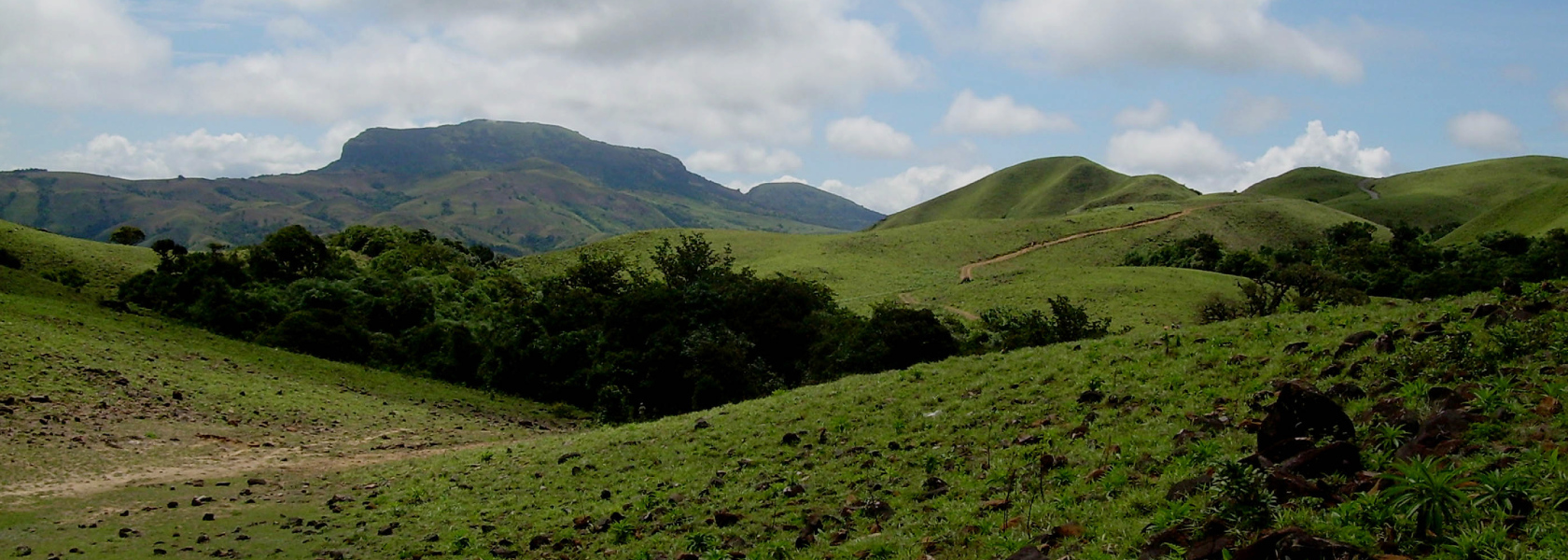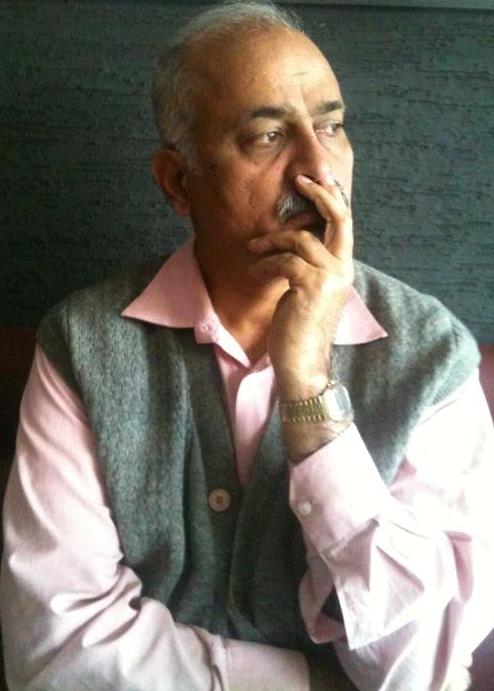
Blogs
Golden Rules of Coffee Making

By Priya Ganapathy
1. The coffee grind – The particle size of the coffee grounds can vary typically from granular to small in the following manner: coarse, medium, fine and espresso (or very fine). Over-extraction can occur if the grind size is too small and could result in the coffee being bitter and too strong. If the granules are too large, under-extraction could end leave you with a weak coffee. A coarse grind can be used for a coffee pot, medium grind for a cafeteria (French Press), medium to fine for a typical filter drip machine and super fine grind for an espresso machine.
2. Freshness and amount of coffee – Coffee beans must be stored in an airtight container in a cool dry place away from direct sunlight. Long exposure to moisture or atmosphere will cause ground coffee or powder to lose its subtle flavors and aromas. Using less coffee than the recommended amount for an extended brewing time will result in an over-extracted brew. An under-extracted coffee is the consequence of using more than the recommended coffee for a shorter infusion time.
3. Temperature of water – Pure filtered water that has just come off the boil should be used. Ideally, hot water (95-98 degrees Celsius) is used for optimum extraction of coffee. Boiling water can scald the coffee and the outcome of cool water is under-extraction.
4. Infusion time – The duration that the hot water remains in direct contact with the coffee grounds is crucial factor. This is determined by the equipment used to brew. Roughly, 10-30 seconds for espresso grind 3-6 minutes for fine grind 6-8 minutes for medium grind 8-10 minutes for coarse grind.
5. Brewing method – Basically there are three different methods employed to make coffee
- Steep and strain – This method simply involves putting hot water in contact with coffee grounds in a pot or container until under extraction has occurred. The resulting brew is strained to isolate the coffee liquor.
- Filter infusion – This method employs a filter basket filled with coffee grounds that has hot water added from above. The infusion time is short as the water infuses briefly with the coffee until the liquor passes through the basket into a flask or container below.
- Pressure infusion – The standard method where hot water is forced under high pressure though a small tablet of compacted grounds to produce a single serving of espresso.
Don’t heat the coffee after mixing with decoction. If you store the decoction in a refrigerator, re-heat it separately by placing the container with coffee in boiling water. Cold coffee can also be prepared by using this decoction.
6. Cleanliness – Coffee contains oils that leave a tarry residue on equipment used to brew it. This can contaminate and ruin the taste of subsequent brews. Keeping all equipment washed and cleaned is crucial to preparing the perfect cup of coffee. Filters with tiny holes tend to get blocked, so make sure the holes are clear. The filter should be completely dry when you add the powder.
About the Author
Priya Ganapathy is a prominent media and entertainment personality with a career spanning print, radio, TV, film, internet and theatre. She is a widely published writer, who has contributed to books, articles and columns in leading newspapers and magazines. A popular radio jockey who created the iconic characters Lingo Leela and Sister Stella, Priya now works as an independent writer, anchor and voice-artiste.

NEW FASHION TREND: SILVER SHINE FOR KODAVA (COORG) JEWELLERY
By P.T. Bopanna In keeping with changing trend, it has become a new fashion to customise the traditional Kodava gold […]

THE TRANSFORMATION OF KINGFISHER SUPERMODEL RADHIKA BOPAIAH
By P.T. Bopanna There is a wrong assumption that a professional model only has a body and no mind. And […]

